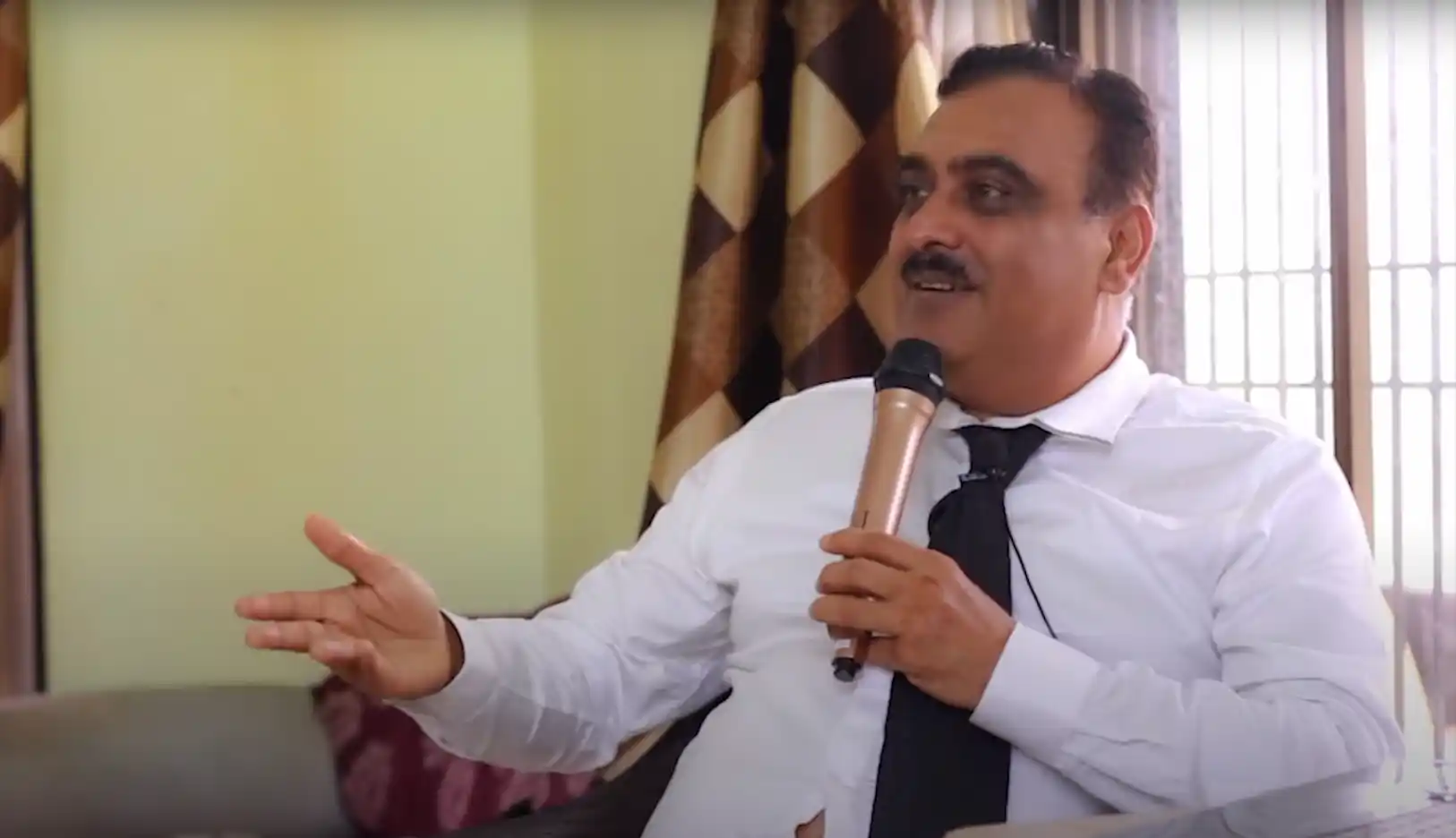Get Consultation regarding your Disease with our Expert, Sign Up now



A program that will help you if…
Attention-deficit/hyperactivity disorder (ADHD) is a neurodevelopmental disorder that affects both children and adults, characterized by persistent patterns of inattention, hyperactivity, and impulsivity. Individuals with ADHD may struggle with tasks that require sustained focus, organization, and time management. Symptoms include difficulty paying attention to details, forgetfulness, fidgeting, interrupting others, and an inability to sit still.
The victim of ADHD is not able to focus and sit or stand-still. He/she acts quickly not giving time to the brain to think and excessive hyperactivity that doesn’t fit the situation. An individual that is going through this mental disorder losses self-control. ADHD in adults makes them difficult to manage their jobs and face problem managing their timings.
Thomas Edison who invented the bulb had ADHD and his behavior made him expelled from the school. Many children who develop ADHD are distracted quickly.
The most popular questions to discuss mental health
ADHD is a neurodevelopmental disorder characterized by persistent patterns of inattention, hyperactivity, and impulsivity. It affects both children and adults, though symptoms often become noticeable in early childhood.
Inattentive Type: Difficulty sustaining attention, following detailed instructions, and organizing tasks.
Hyperactive-Impulsive Type: Excessive fidgeting, difficulty remaining seated, and acting without thinking.
Combined Type: A mix of inattentive and hyperactive-impulsive symptoms.
- Inattention: Easily distracted, forgetful, and difficulty focusing on tasks.
- Hyperactivity: Excessive movement, inability to stay still, and excessive talking.
- Impulsivity: Interrupting others, difficulty waiting for one's turn, and making hasty decisions.
The exact cause is unknown, but it is believed to involve a combination of genetic, environmental, and neurological factors. Family history and prenatal exposure to certain substances may also play a role.
Diagnosis typically involves a comprehensive evaluation by a healthcare professional, including a review of medical history, symptom checklists, and input from parents, teachers, or caregivers.
Medication: Stimulants (e.g., methylphenidate, amphetamines) and non-stimulants (e.g., atomoxetine).
Behavioral Therapy: Helps in developing coping strategies and improving organizational skills.
Educational Support: Adjustments in the classroom or workplace to help manage symptoms.
Ongoing management includes regular follow-ups with healthcare providers, support from family and friends, and implementing strategies to handle symptoms effectively.
Support Groups: Organizations and online communities offer support and resources for individuals and families.
Educational Material: Books, articles, and websites provide additional information and coping strategies.
ADHD symptoms can vary significantly between individuals. Effective management often involves a combination of medical treatment, behavioral interventions, and lifestyle adjustments.
Contact Info
We're here to help! Reach out to us with any questions, to schedule an appointment
Phone
- +91 8355848176
- +91 8208292331
- kailashmantry022@gmail.com
Address
- Rajyog Bungalow, Nirmal Rd, Gomesali, Nalasopara West, Nala Sopara, Maharashtra 401203
Working Hours
- Mon to Fri:- 10 am - 8 pm
- Sat to Sun:- 10 am - 8 pm






